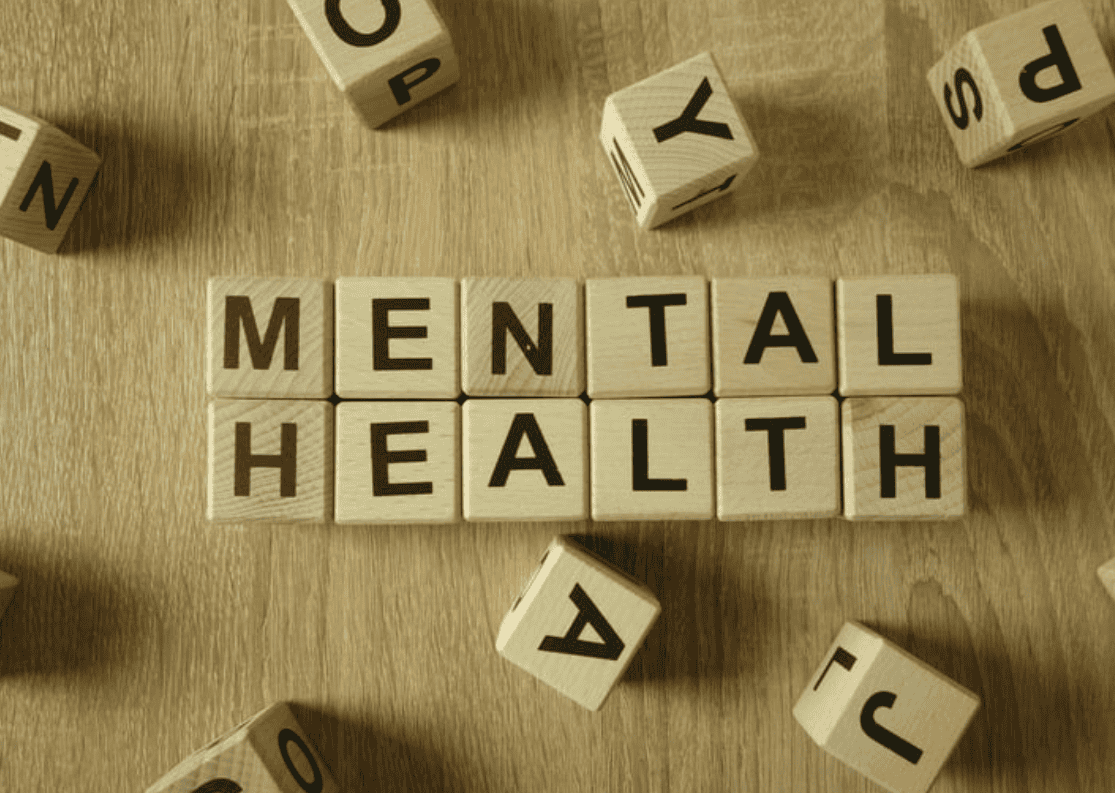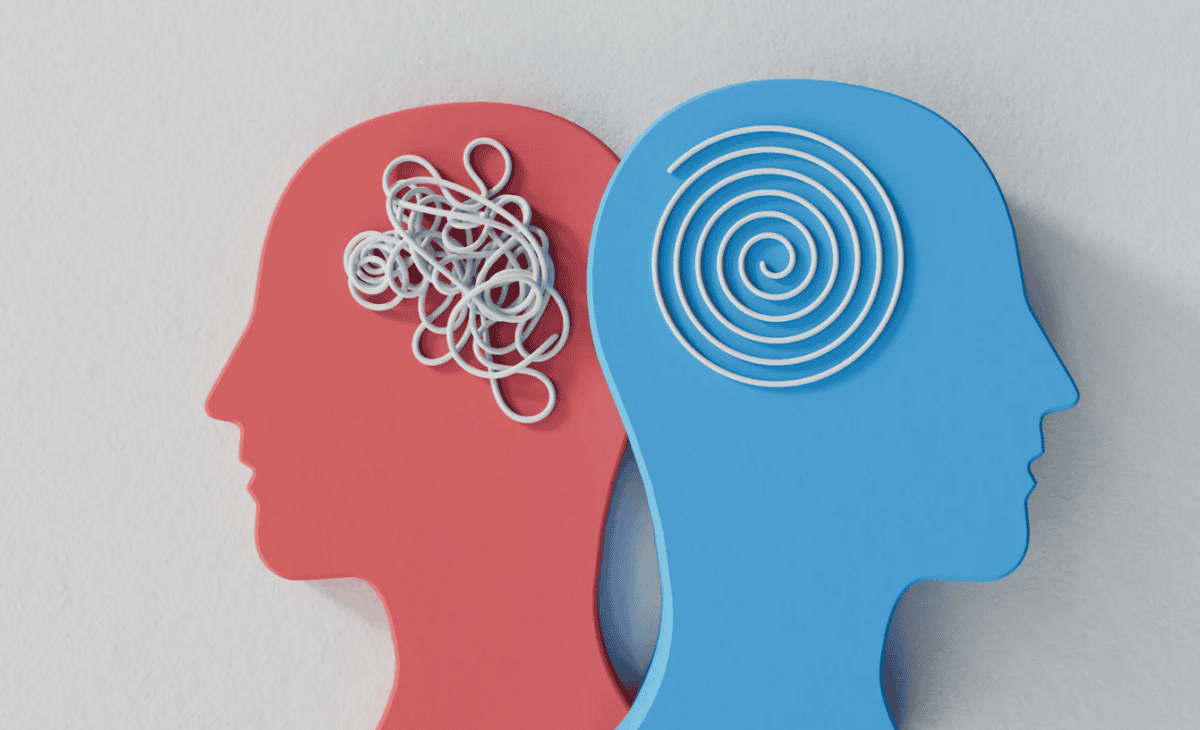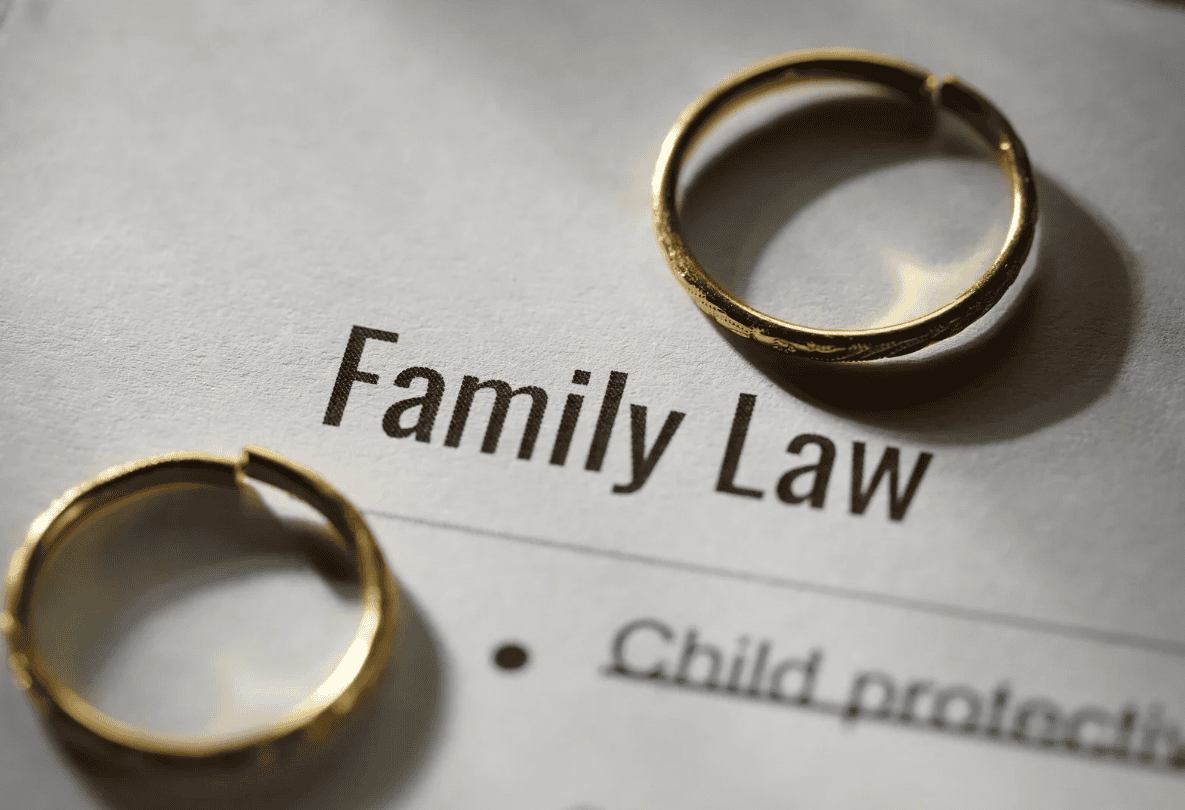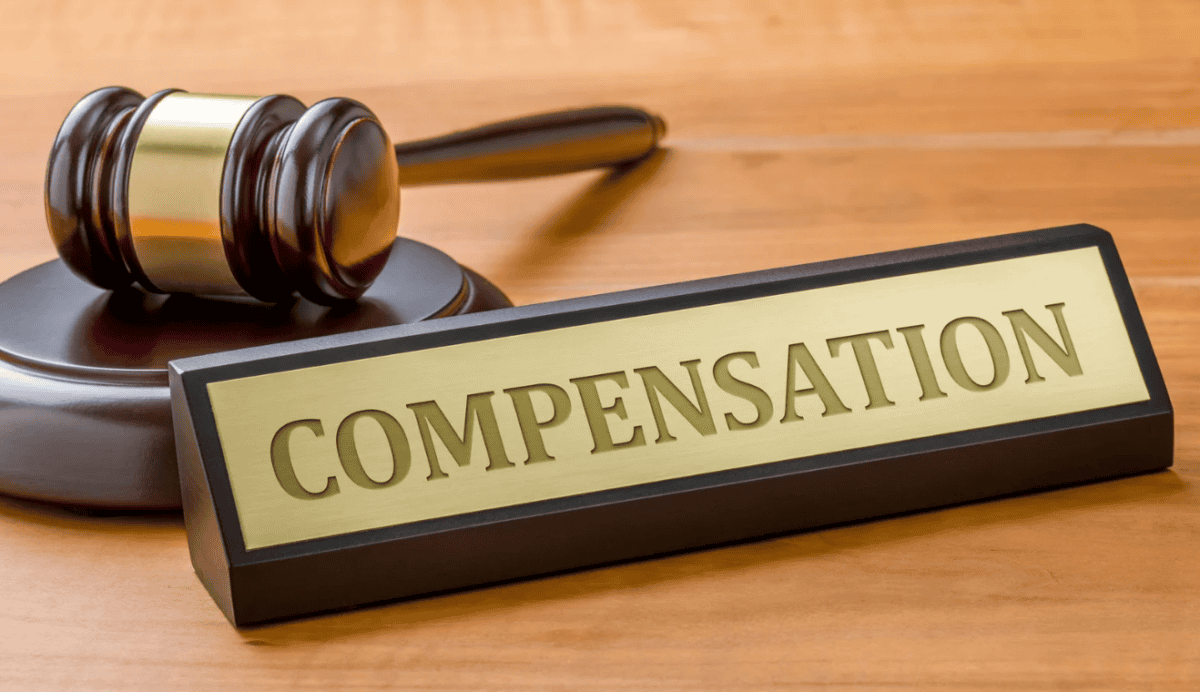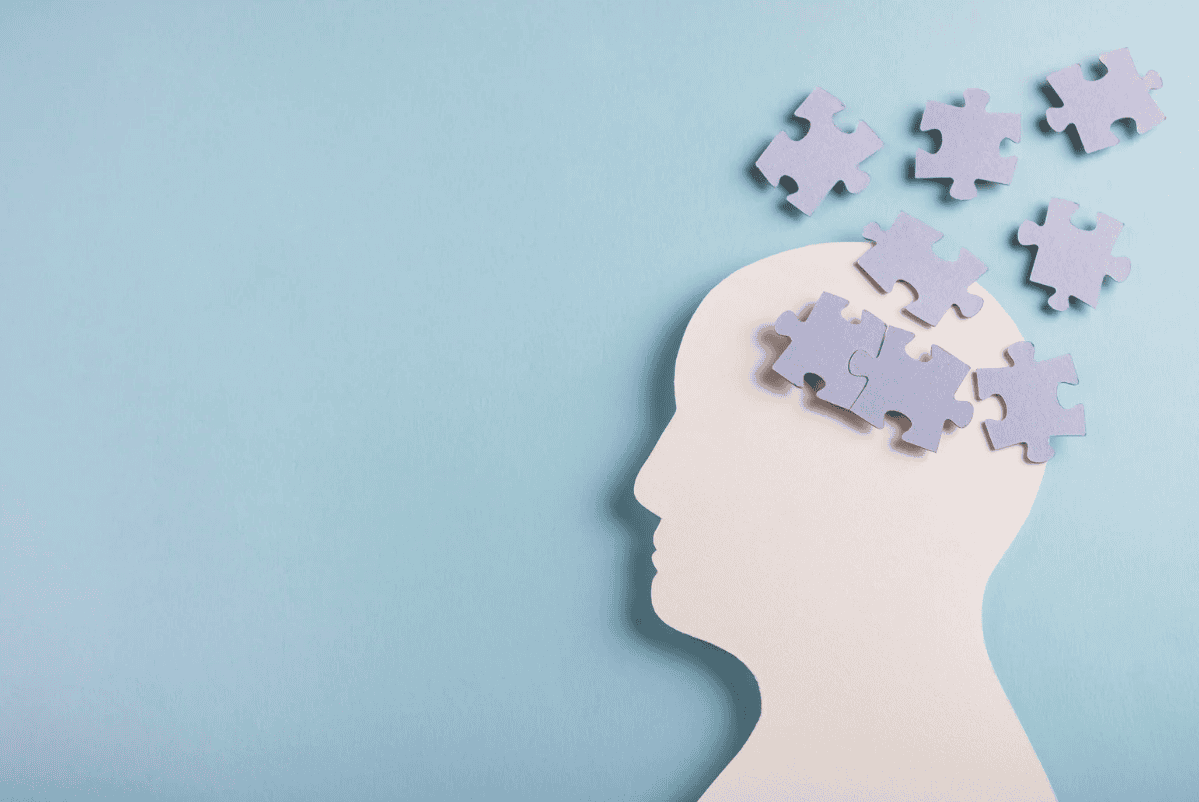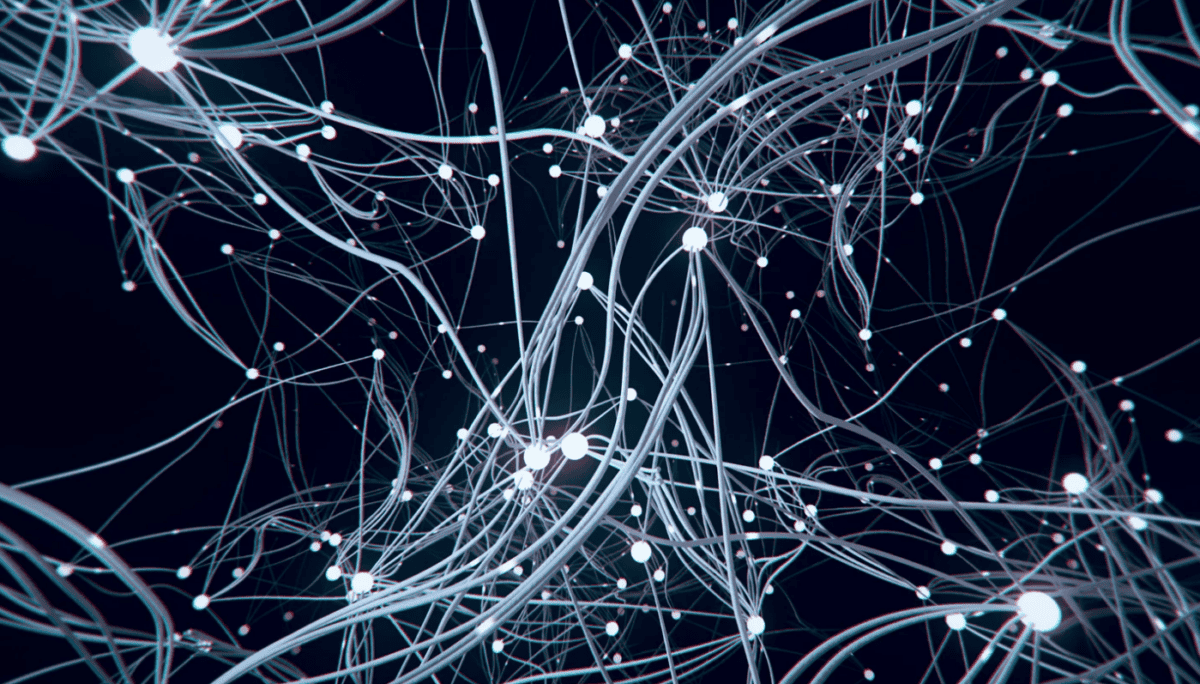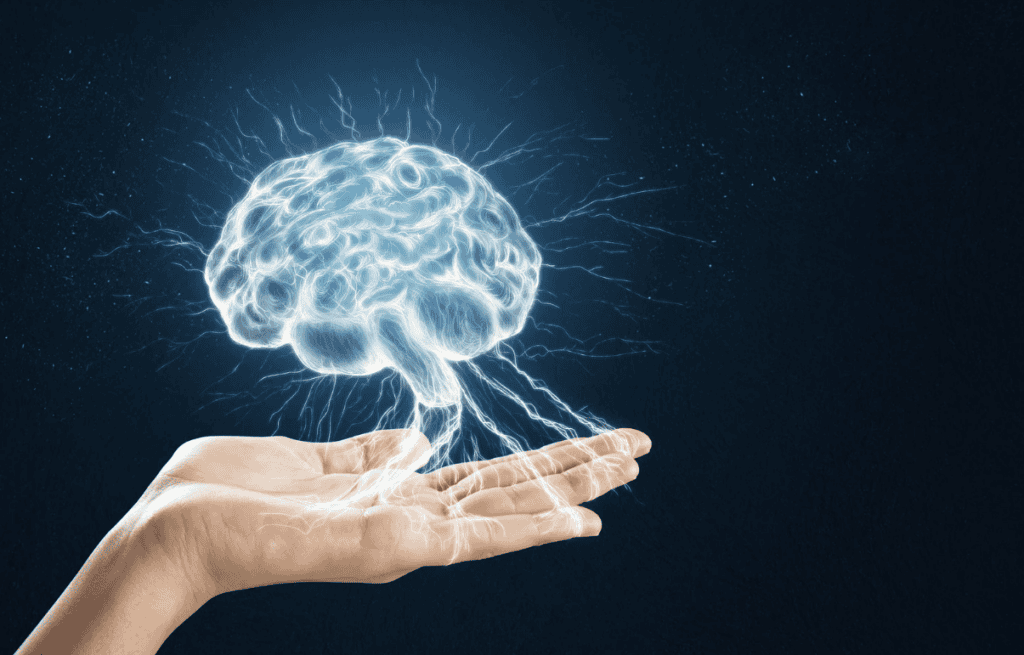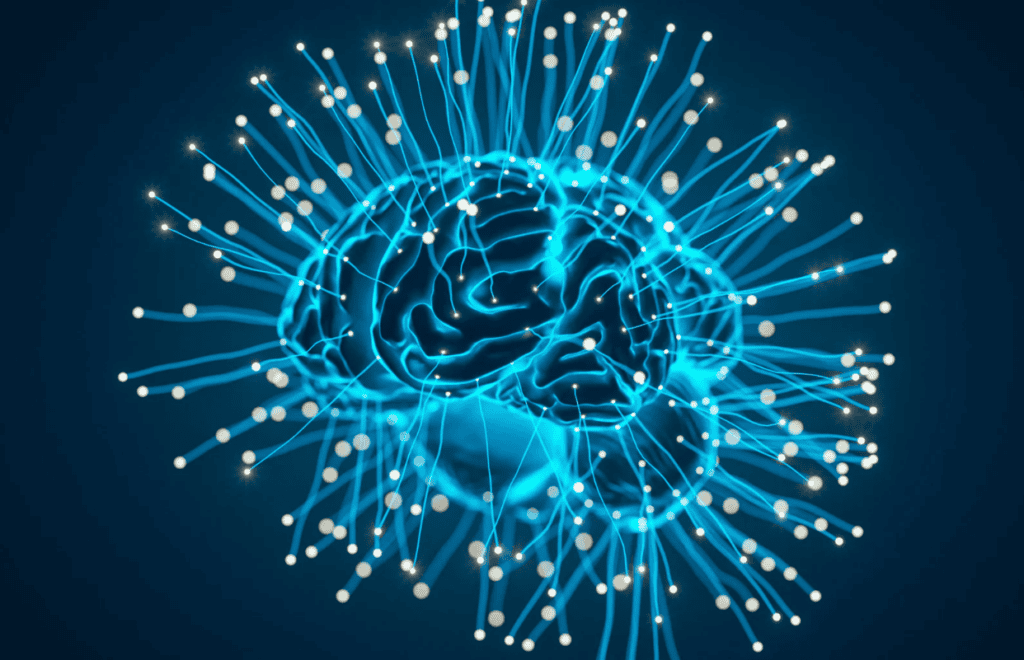Starting a journey toward better mental health can feel overwhelming, but it is one of the most rewarding decisions you can make. Whether you’re struggling with anxiety, depression, stress, or simply looking for ways to improve your emotional well-being, the path to better mental health is unique for everyone. Many people enter this journey unsure of what to expect, which can lead to doubt or hesitation.
Understanding the steps involved and the possible challenges ahead can make the process smoother and more manageable. From recognizing your needs to seeking professional help and making lifestyle changes, improving mental health requires patience and commitment.
Recognizing the Need for Change
Recognizing that change is necessary is the first step. This realization can come in many forms, such as persistent feelings of sadness, overwhelming stress, difficulty concentrating, or even physical symptoms like fatigue or headaches.
Acknowledging that something isn’t right and that you deserve to feel better is a significant milestone. Many people struggle with this step due to stigma or fear of judgment, but mental health is just as important as physical health. Taking the time to reflect on your emotions and identifying what may be causing distress is crucial in moving forward.
Seeking Professional Guidance
Once you recognize the need for change, seeking professional help can be a crucial step toward better mental health. Therapists, counselors, and psychiatrists provide valuable support, offering tools to manage stress, anxiety, and other emotional challenges.
A mental health facility, whether outpatient or inpatient, can also be an option for those who need structured care and specialized treatment. Many people hesitate to seek help due to stigma or fear of judgment, but prioritizing mental well-being is a sign of strength, not weakness.
Whether through traditional therapy, support groups, or online counseling, professional guidance can empower you with the strategies and confidence needed to navigate life’s challenges and improve overall mental health.

Better Mental Health Means Building Healthy Habits
Improving mental health often requires making lifestyle changes that support emotional balance. Regular exercise, a balanced diet, and quality sleep can have a significant impact on mood and energy levels. Practicing mindfulness, journaling, or engaging in hobbies can help manage stress and anxiety.
These small but meaningful changes contribute to overall well-being and provide a sense of control over one’s mental state. Establishing a routine that prioritizes self-care is essential for long-term success, as healthy habits create a strong foundation for emotional resilience.
Managing Setbacks and Challenges
The journey to better mental health is not always smooth, and setbacks are a natural part of the process. There may be days when you feel unmotivated, overwhelmed, or discouraged, but that doesn’t mean you’re failing. Recognizing that progress isn’t always linear and that healing takes time can help you stay committed to your goals.
It’s important to practice self-compassion and remind yourself that setbacks do not define your journey. Seeking support from loved ones or revisiting therapy sessions during challenging times can provide the encouragement needed to keep moving forward.
Strengthening Relationships and Support Systems
A strong support system is crucial for maintaining good mental health. Surrounding yourself with understanding friends, family members, or support groups can provide comfort and encouragement throughout your journey. Openly communicating about your mental health with trusted individuals can help reduce feelings of isolation and create a sense of belonging.
In some cases, setting boundaries and distancing yourself from toxic relationships may also be necessary for emotional well-being. Knowing that you have people who care about you can make a significant difference in your overall mental health journey.

Embracing Personal Growth and Self-Acceptance
One of the most rewarding aspects of improving mental health is the personal growth that comes with it. As you develop a better understanding of yourself, you’ll learn to embrace your strengths and acknowledge your vulnerabilities.
Self-acceptance plays a crucial role in emotional well-being, as it allows you to let go of unrealistic expectations and focus on progress rather than perfection. Over time, you may find that you are more resilient, confident, and equipped to handle life’s challenges.
The journey toward better mental health is not just about overcoming struggles—it’s about becoming the best version of yourself. Embarking on a journey toward better mental health is a courageous and transformative decision. While challenges and setbacks are inevitable, understanding what to expect can help you navigate this path with confidence.
Recognizing the need for change, seeking professional support, building healthy habits, and strengthening relationships are all vital components of this journey. Most importantly, embracing self-growth and self-acceptance will allow you to thrive mentally and emotionally. With patience, commitment, and the right support, a healthier and happier mindset is within reach.


